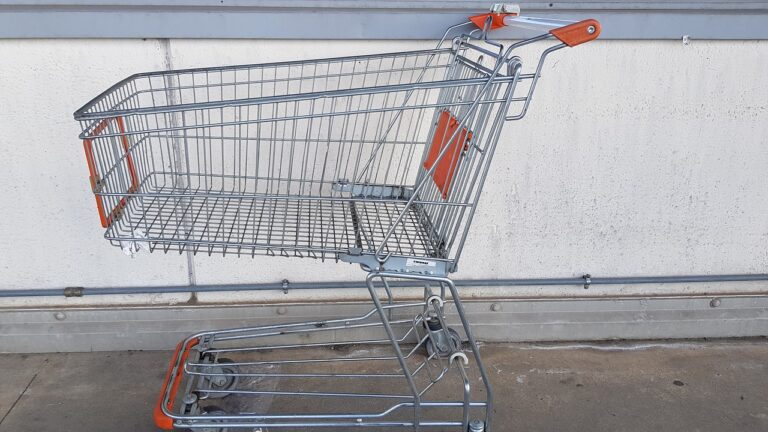The Psychology of Sale Events: Black Friday, Cyber Monday, and Beyond
Consumer behavior during sale events is often driven by various psychological factors that influence their decision-making processes. One of the key factors is the concept of scarcity, where consumers feel a sense of urgency to purchase items due to limited availability or time constraints. This urgency can lead to impulsive buying behavior as individuals fear missing out on a good deal.
Another important psychological factor is the influence of social comparison. During sale events, consumers are more likely to make purchases if they see others around them doing the same. This social proof creates a sense of validation and peer pressure, pushing individuals to join in on the buying frenzy. Additionally, the fear of social exclusion can drive consumers to conform to the behavior of the crowd and make purchases, even if they had not planned to do so initially.
Impact of Limited Time Offers on Purchasing Decisions
Limited time offers have a powerful influence on consumers’ purchasing decisions. The sense of urgency created by these promotions taps into individuals’ fear of missing out, prompting them to act quickly to secure the deal. This psychological trigger often leads to impulsive purchases as customers feel compelled to take advantage of the limited-time opportunity.
Moreover, limited time offers can also create a sense of exclusivity and special treatment for consumers. By making the deal available for only a short period, companies set the product or service apart from regular offerings, making customers feel privileged to access the discounted price. This feeling of being a part of a select group can further motivate individuals to make a purchase during the limited time frame.
The Influence of Social Proof on Black Friday and Cyber Monday Sales
Social proof plays a significant role in influencing consumers’ decisions during the Black Friday and Cyber Monday sales events. When shoppers see evidence of others making purchases or positive reviews from satisfied customers, they are more inclined to trust the credibility of the products and feel more confident in their own purchasing decisions. This social validation creates a sense of FOMO (fear of missing out) among consumers, driving them to make quick purchases to avoid potentially losing out on a good deal.
Moreover, the presence of social proof can enhance the overall shopping experience for consumers during these highly competitive sales events. By seeing endorsements from other shoppers or influencers, individuals feel reassured that they are making a wise investment and are more likely to feel a sense of belonging to a community of like-minded individuals. This sense of social belonging and validation can lead to increased trust in the brand and foster loyalty among customers, ultimately contributing to higher sales conversions during Black Friday and Cyber Monday.
What are some psychological factors that influence consumer behavior during sale events like Black Friday and Cyber Monday?
Some psychological factors include the fear of missing out, the thrill of getting a good deal, and the sense of urgency created by limited time offers.
How do limited time offers impact purchasing decisions during Black Friday and Cyber Monday sales?
Limited time offers create a sense of urgency and scarcity, prompting consumers to make quicker purchasing decisions in order to take advantage of the deal before it expires.
How does social proof influence sales during Black Friday and Cyber Monday?
Social proof, such as positive reviews, testimonials, and social media shares, can influence consumers to make a purchase by providing reassurance that others have already made the same decision and been satisfied with their purchase.





